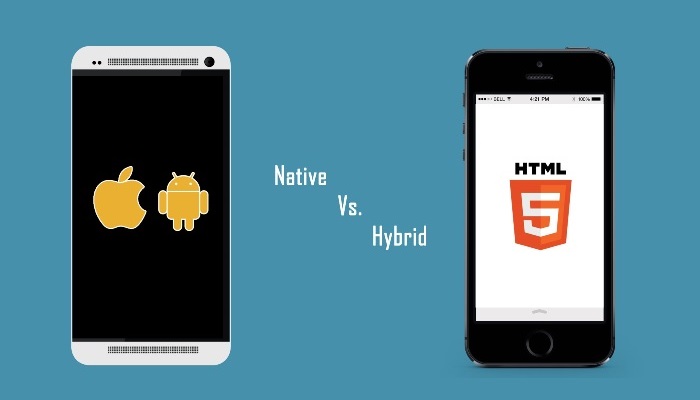We program your visibility! Positive performance with ONMA scout android app development is guaranteed.
Contact

Everyone in the world now uses cell phones, because it can do several things in a few seconds. Send and receive messages, One to one communication, watching movies, Ordering groceries, Buy goods and services and much more with just a few clicks. The number one reason behind the success of mobile phones is the ease of use of mobile apps. When you sell products or services, you need a beautiful and responsive website for your business, to build a healthy and comfortable relationship with your customers.
To create native applications, you must use the native language of the platform, z. B. Swift on iOS and Java on Android. Native apps are compiled into machine code, that offers the best performance, that you can achieve with a mobile phone.
A native app is far from it, to be easy. Instead of the amazing number of resources, that can be explored, this may not make sense for everyone. Since the code has to be developed specifically for each platform, a similar code should be changed like this, that it can be easily released. This process can take a little longer for complex apps.
• Native apps are much faster than other non-native apps, written in a language supported by the platform.
• The multiple layers of the operating system make it almost impossible, use and secure native apps, and they don't depend on any third-party framework.
• It is easier, add or update new features to a native mobile app than with a hybrid app.
• Native apps take full advantage of the hardware capabilities of a mobile device, making app enforcement easy and faster.
1. Hybrid apps are budget-friendly, costing almost half that of native apps.
2. Hybrid apps require comparatively less time and effort to develop and are easy to scale and add new features to.
3. Hybrid apps also work in situations, where there is no internet connection. These apps can switch between offline- and switch to online mode.
4. Maintaining a hybrid app is comparatively easier.
we can say, that both native and hybrid apps meet the different needs and expectations of customers and developers, and none of them can be considered an ideal arrangement. They have their qualities and disadvantages, and it depends, what you choose from them, to suit you better, and what you will use in your app.
Please note, that we use cookies, to use to improve this website. By the website
further use, accept these cookies
More information about cookies, please see our Privacy Policy